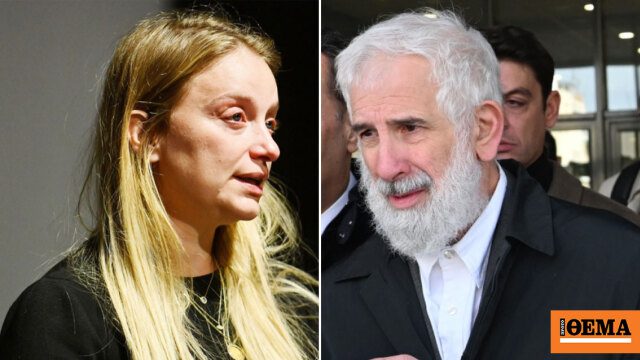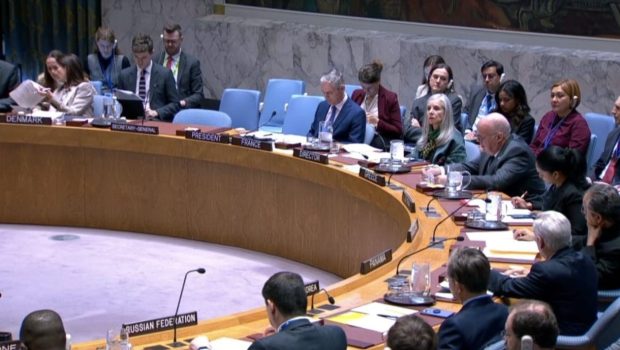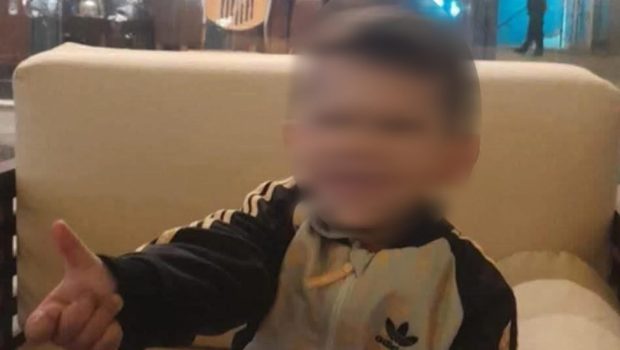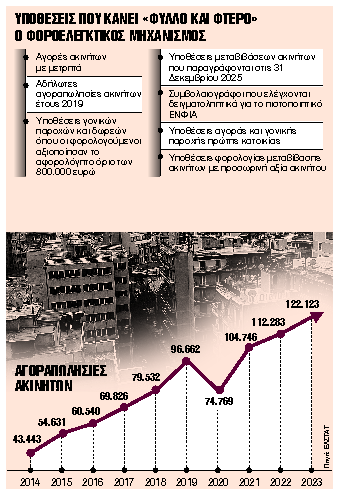The story begins in 2007. Lena Drosaki is then 24 years old And he is studying in the preliminary year of the Drama School “New Greek Theater of George Armeni”. Her dream is to successfully complete the exams of the Ministry of Culture and to pursue a regular curriculum. As part of the school courses, visits are being made to the shooting of the television series “Lakis the Glykoulis”. There he meets Petros Filippides, who is then at the height of his popularity, starring in one of the biggest television successes of the time. From the first moment, he seems to be very careful. His approach seems friendly, well -intentioned. But soon, things are changing. According to her complaint, his behavior begins to become inappropriate – at first more disguised and then open. Drosaki describes telephone calls in which Philippides was self -sufficient, spoke to her vulgar and repeatedly pressured to give in to his desires. “When will you sit me?” She asked in a persistent way.
She tries to remove him with courtesy, but without causing him. He is scared – as he says – the consequences of a direct denial. This fear is intensifying when the actor threatens her directly: if he does not give it up, he will make sure to fail in the ministry exams.
The complaint culminates with the description of the exam day. Lena waits outside the Art Theater, on Frynichou Street, when Petros Filippides appears in front of her. Once again, she looks at her and asks her – almost provocatively: “Will you sit me?” She freezes. Its turmoil is such that it is difficult to concentrate. When he goes on stage for the hearing, he sees him enter the theater and heartily approach the Inquiry Committee. As soon as the members of her committee turn her back to focus on her, Philippides makes a move she will never forget: she brings his finger to his timer, making sense to “see you say it”.
Drosaki does not pass the exams. As she states in her complaint, she cannot know for sure whether this happened because of his own intervention or whether her performance was so affected by tension and fear that she failed to perform. “I guess it’s something I will never learn,” he says.
Life progresses. Lena Drosaki evolves, establishes, awarded “Melina Mercouri” and gradually leaves behind this dark memory. Until 2019, her fate again reserves a meeting with the man who – as she says – has. Katia Dandoulakis, with whom she maintains a deep respect, proposes to participate in the play “Crime in the Orian Express”. When Drosaki is informed that Filippides will be a director, she kindly denies, citing personal difficulties. Dandoulakis insists and invites her to her home. There, Drosaki makes a hint, without fully revealing what has happened before. He asks if the director will be present at the show, or only in rehearsals.
The assurance is clear: it will only participate in the rehearsal process, it will not appear on stage. The production is great, the work of artistic interest, and the actress finally decides to participate. The first days are quiet. Philippides behaves in awe. Drosaki begins to believe that time may have changed. But, as it turns out, the tranquility was temporary.
The complaint describes the repetition of a motif that she thought she had left in the past. The comments come first. Then the scenes of jealousy. Then the humiliating attacks, outbursts and insults – in front of everyone or even individual. The troupe, of course, ignores what has happened. The pressure culminates when, one day, Philippides – without any obvious reason – launches a verbal attack on her and her colleague, Lefteris Zambetakis. He considers, according to her, that they maintain a love affair, which is not the case.
The rehearsal stops. That night, Drosaki goes to Katia Dandoulakis and reveals the whole truth to her. She tells her that she can no longer stand, that the pressure is unbearable, that her stay in the show is impossible. As he says, he wasn’t the only one. Neither Zambetakis, nor Angelos Bouras – also a member of the troupe – have withstood. They left. And then the decision came: Katia Dandoulakis announced to Petros Filippides that she would not continue as a director in the show.
Drosaki closes her complaint by publicly thanking Ms. Dandoulakis. “It’s something I will always be grateful,” he writes. “Because the truth is that it is not common in our area – and perhaps in any professional space – the powerful will leave and remain the weak.”










